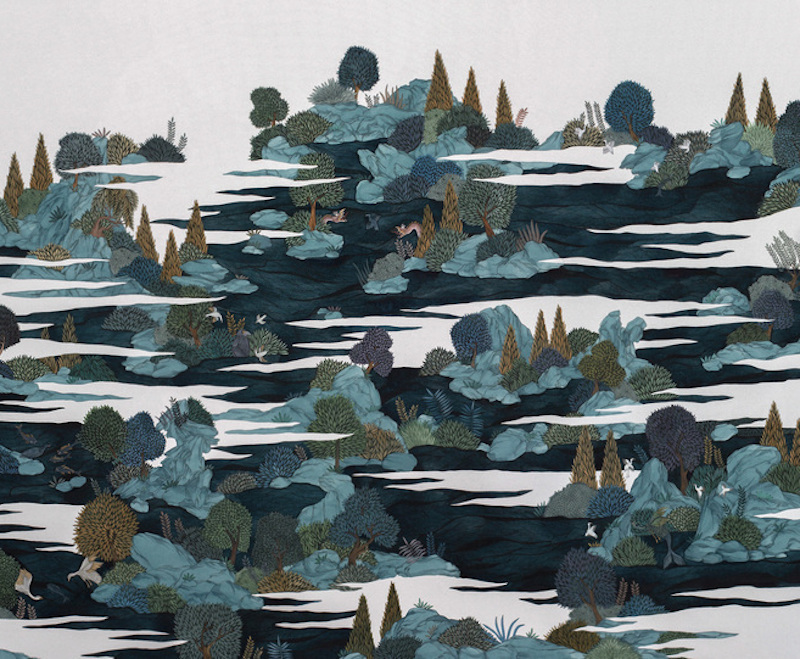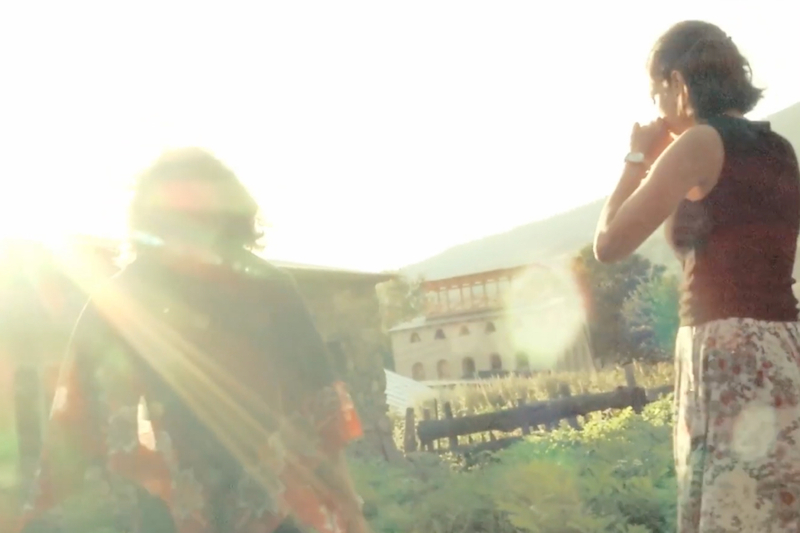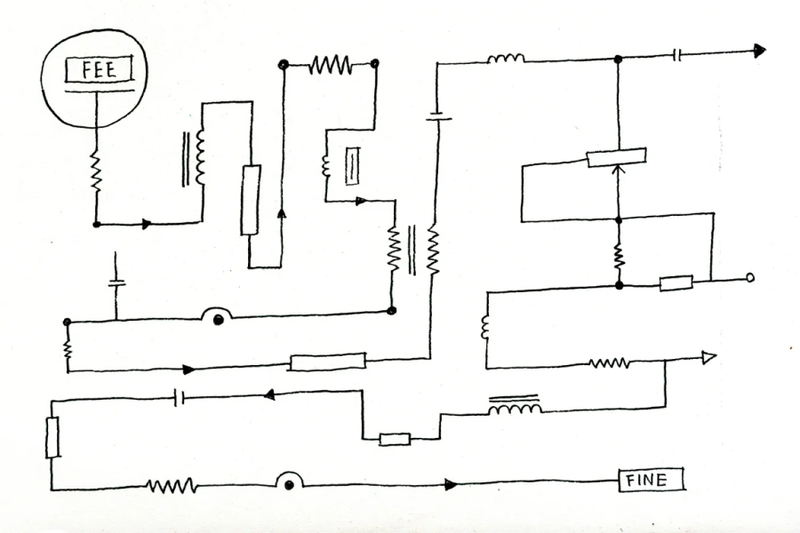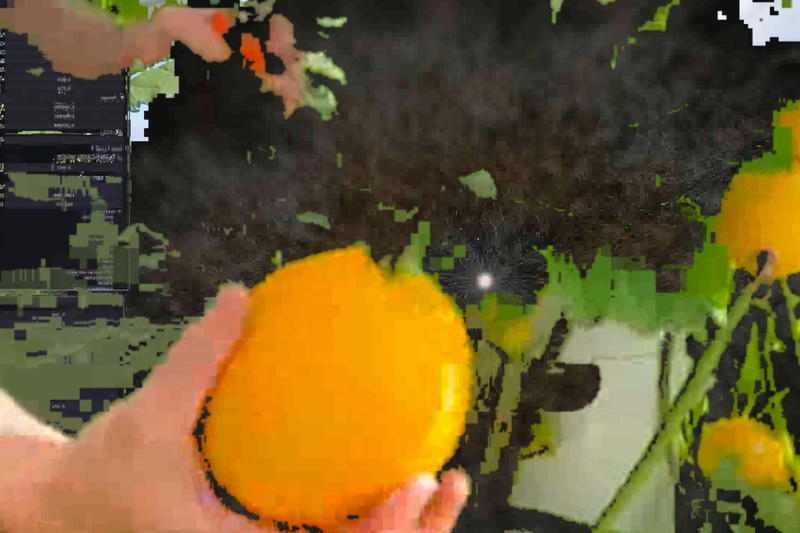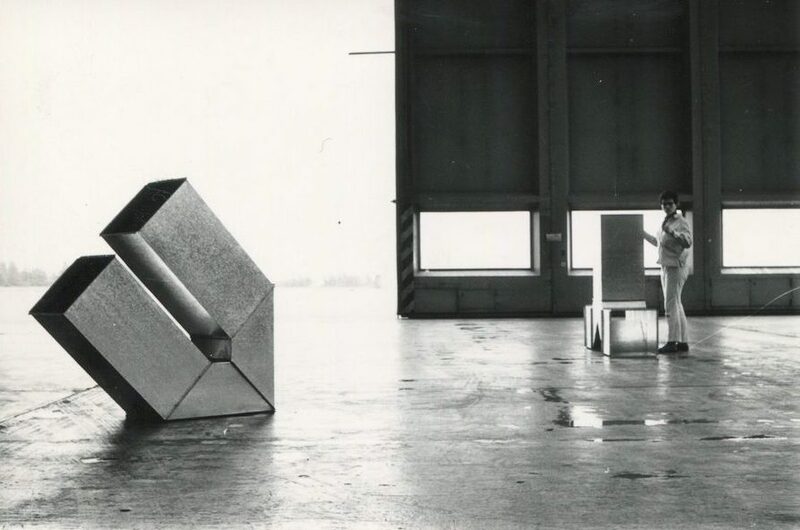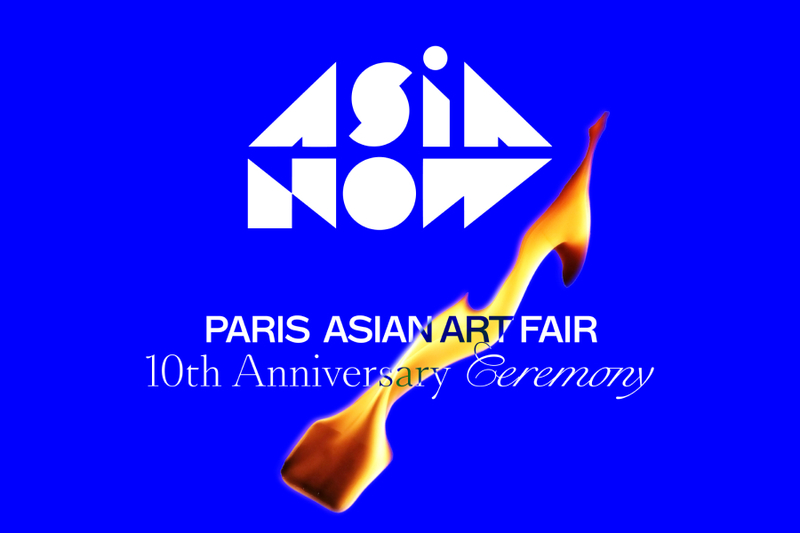A bamboo majlis project was placed in the gardens of the San Giorgio Maggiore Monastery, especially for the international exhibition. The temporary pavilion will be open until November 21st.
The Majlis is a multi-layered nomadic project presented by Caravane Earth. It consists of an architectural object, an exhibition, a public program, and gardens. The very concept of “majlis” means a space of hospitality that preserves traditions and cultivates a new community, which connects the personal and the collective. The pavilion for the Biennale is based on a bamboo structure with tent panels made of pure wool. It is the result of careful research and collaboration between architects and artisans from Colombia and Morocco. Ahmed Chmitti and women weavers from Boujad created the fabric for the pavilion, while Simón Vélez and Stefana Simić were responsible for the bamboo construction. The inside of the carpet was handcrafted by the women's weaving team Ain Leuh.
The Majlis hosts an exposition corresponding to the theme of the Biennale: “How Will We Live Together?”. Works of art and rare artifacts from the Dutch National Museum of World Cultures in the Netherlands and the Sheikh Faisal bin Qassim Al Thani Museum in Qatar, as well as documentation of the processes behind the creation of the pavilion, are on display. The exhibition organizers provide a platform for transnational exchange and propose rehabilitating and reinventing the idea of cultural diplomacy through the practice of caring and cultural perception.
In addition, a symposium is planned on the site, which will bring together scientists, architects, artists, artisans, politicians, and intellectuals from all over the world. They will talk about the preservation of cultural heritage, the transfer of knowledge about traditional crafts and architecture, the maintenance of ecological balance, and the development of intercultural dialogue. In the summer discussions will be held online and in September they will move to offline-formats.
Caravane Earth's mission is to practice and promote ethical entrepreneurship and well-being through arts, crafts, architecture, agriculture, and education. Based on the principles of sustainable development, the organization supports artisans and strives to preserve the diverse material cultures of West Asia and North Africa.
Read more on the website.
